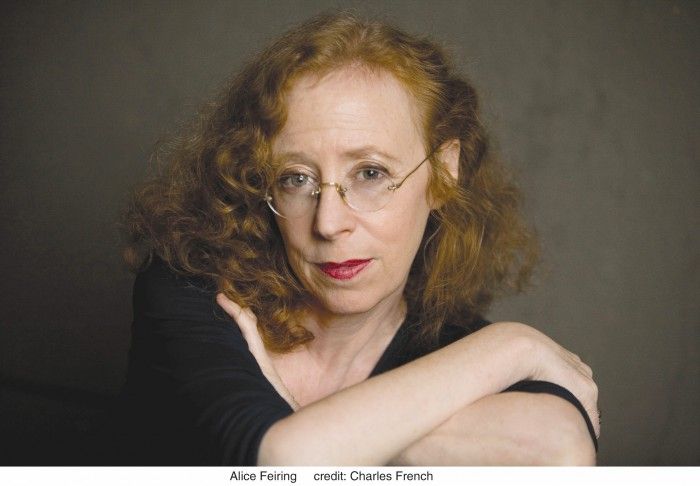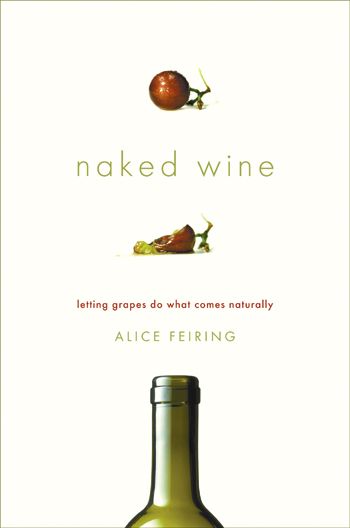Stripped-Down Delight


Review by Jennifer Cossey
Vulnerable, beautiful, bare, stripped and real. For better or worse, “naked wine” communicates stories of the earth, the vintage and the fruit, with nothing added and nothing taken away. Only the grapes, their natural sugars and the spontaneous yeasts that convert those sugars to alcohol.
Purely natural wine is a unique expression of an age-old underground winemaking philosophy that is blazing a trail across Europe and gaining followers in the New World.
In Alice Feiring’s latest book, “Naked Wine: Letting Grapes Do What Comes Naturally,” she discusses the policies, politics, philosophy and history around the natural wine movement. In an excerpt from her book she states, “Naked sings of vulnerability, a willingness to risk it all.”
Natural wine, itself, is a hot debate. What is it? What isn’t it? How much is too much to add to a wine before it becomes unnatural? How much influence can you exert in the vineyard and how much should be left to chance and nature? Do you let the vintage express itself no matter what, or do you manipulate it so that the customer buys a wine with quality and consistency regardless of what the year brings?
In Feiring’s opinion, less is better.
“Not all wines are natural; there is natural, natural enough and highly manipulated wine. I don’t consider highly manipulated wines as real wine, the same way I don’t consider Twinkies real cake,” Feiring said.
In her book, she takes the reader on a personal journey into the heart of the natural wine movement as she meets with and interviews several winemakers and industry luminaries who have helped mold, influence and spearhead the “naked” crusade.
Feiring’s interest in natural wines accelerated in 2000 while writing the “Official Wine Guide” for Food & Wine Magazine.
“I had to do massive tastings, and I realized the wines I used to love didn’t seem good to me anymore. There were fewer regions that I was happy with. I realized that there was a certain profile of wines that I could drink and most of them were coming from France.” She started doing research on the production techniques of the wines that stood out to her and found that most of them were being made in a highly natural style. “They weren’t even called natural wines back then, they were just wines.”
Feiring’s passion for naked wine deepened when Jason and David Lett, owners and founders of The Eyrie Vineyards, reached out to Feiring and offered her a unique opportunity to make one half ton of grapes “her way.” Her way meant picking the grapes herself, crushing them with her feet as much as possible, not adding yeasts and not including sulfur until bottling.
She considered the possibility but was intimidated by the prospect of making a wine and thus put it off until, on a book tour, she met Kevin Hamel, winemaker for Pellegrini Family Vineyards. He showed her around his winery, which gave her a better idea of what half a ton of fruit actually looked like. Feiring was then empowered to move forward with the project at Eyrie.
Feiring and the Letts made plans for her to come out that October for harvest, but with David’s failing health and eventual passing, it was not to be.
Subsequently, Feiring set off to discover more about natural wine, which took her to France, Italy, Spain and California, where she eventually was granted another opportunity to make her own wine from the Sagrantino grape, grown in California’s Sonoma County, with Hamel’s help.
While Feiring shares her own personal experiences, she also focuses on vineyard practices as being of large import to making natural or “naked” wine because, of course, it cannot be natural if the vineyard practices that produce the grapes are not also fully natural.
She discusses farming techniques such as Biodynamics (a method of organic farming that treats farms as unified and individual organisms), permaculture (sustainable land use design) and the Zen philosophy of agriculture taught by Masanobu Fukuoka, which focuses on doing as little as possible to the land.
When asked what she hoped people would learn from reading her book, Feiring stated that, “Natural wine is expansive; it isn’t limited. There are way more tastes and flavors in the category of natural wine than in conventional wine. I have seen many people reject wines because of slight flaws. If someone could read my book and open themselves up to a different universe, that would be gratifying.”
Feiring’s book is both educational and entertaining. It also includes a staggering list of approved additives and processes for wine, a step-by-step guide to making it and a list of wines to look for that fall into the natural category.
“Naked Wine” is published by Da Capo Press and will be available for sale in September. Books can also be pre-ordered at www.amazon.com.










